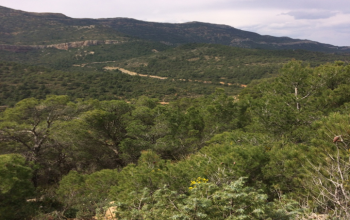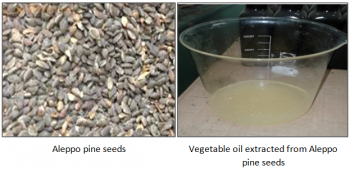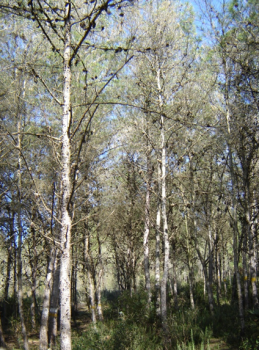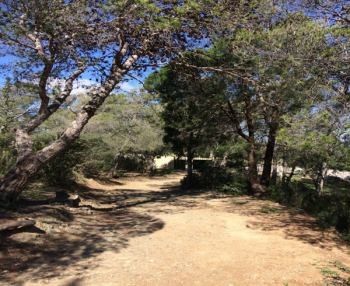Ecophysiological study in three sites of natural Aleppo pine forests.
The main response of natural Aleppo pine trees to drought has been studied in three sites on the North-western of Tunisia, in order to assess their capacity to adapt to climate change and overcome the water challenge. This research was based on the evaluation of some physiological traits (xylem conductivity, water potential..), the soil moisture, the water content, and the foliar gas exchange (photosynthesis, transpiration, and stomatal conductance).




